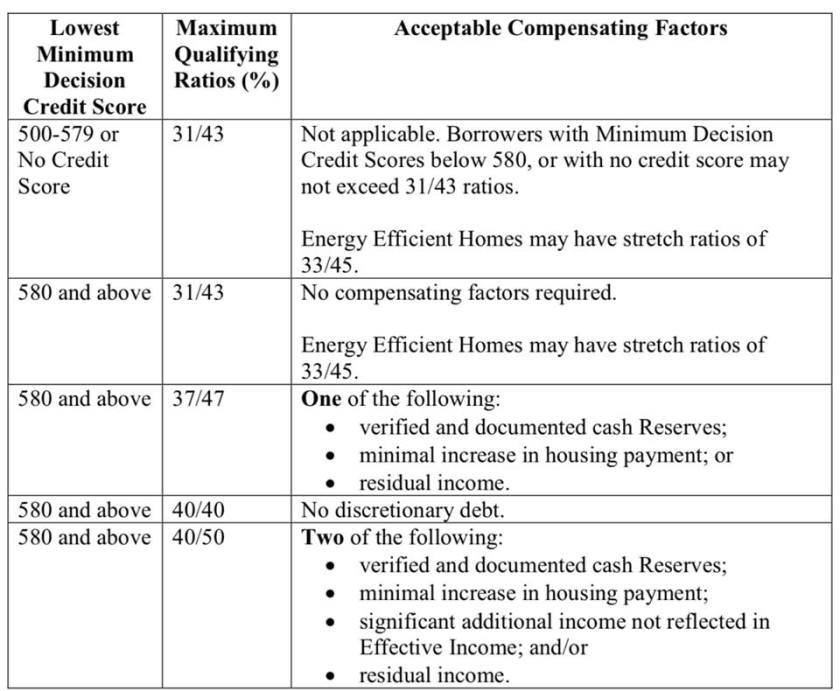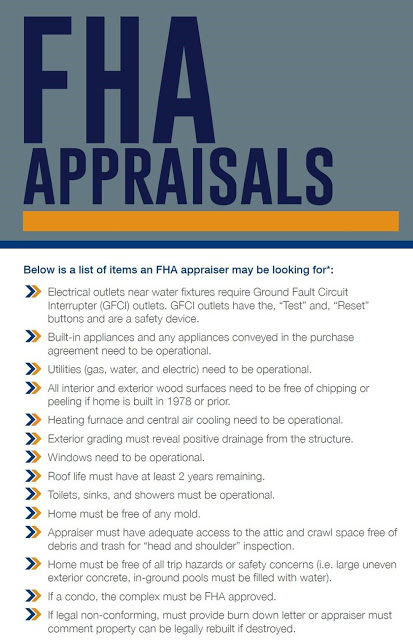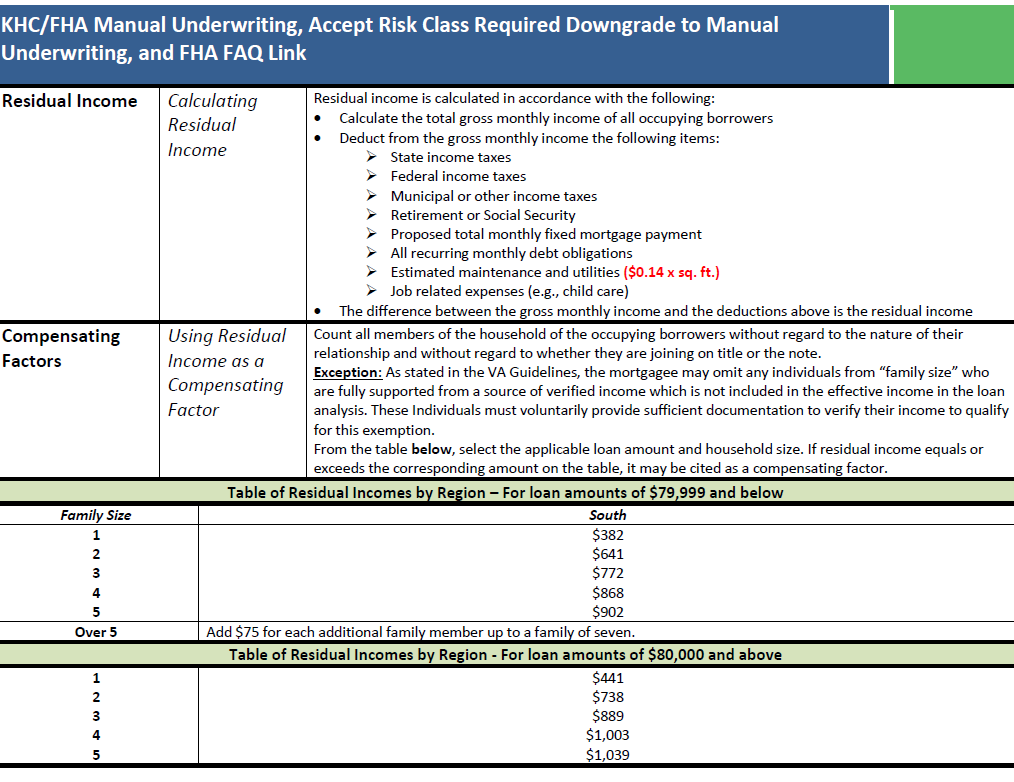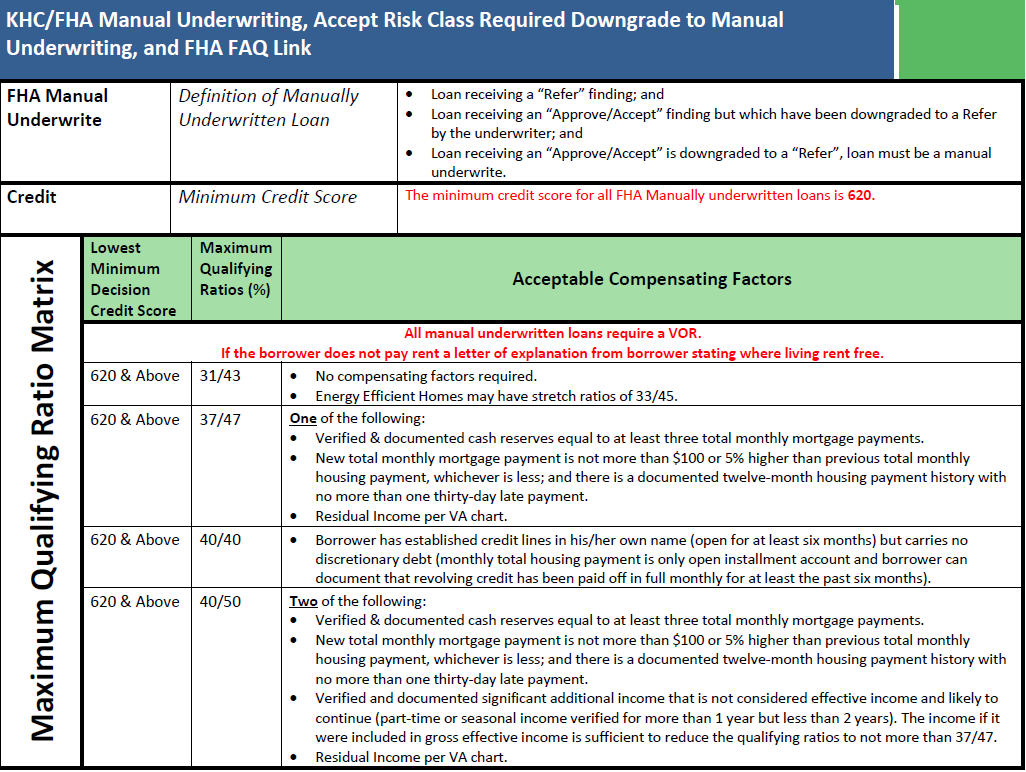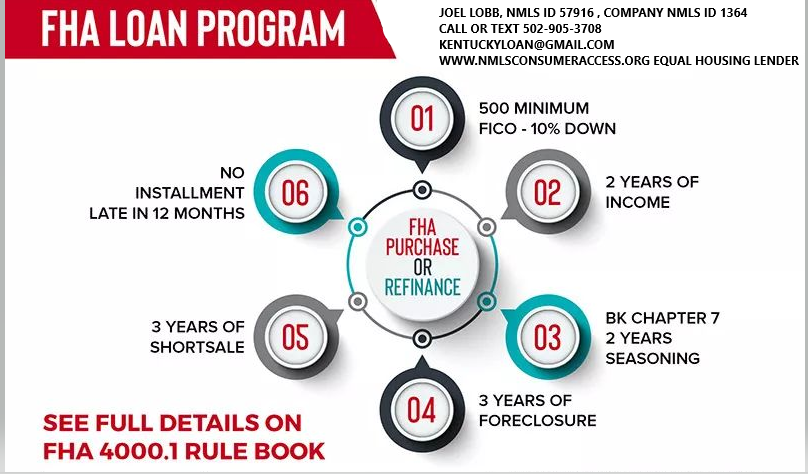
When it comes to buying a home in Kentucky, FHA loans are a popular choice for many first-time homebuyers due to their flexible qualifying criteria. If you’re considering an FHA loan in the Bluegrass State, understanding the key qualifying factors is crucial. Here’s a comprehensive guide to the criteria you need to know:
- Credit Score Requirements:
- FHA loans are known for accommodating borrowers with lower credit scores. While the minimum required credit score can vary, typically, a credit score of 580 or higher is needed to qualify for the minimum down payment of 3.5%. However, borrowers with credit scores between 500 and 579 may still be eligible with a higher down payment, usually around 10%.
- Down Payment:
- The minimum down payment for an FHA loan in Kentucky is 3.5% of the home’s purchase price. This is advantageous for buyers who may not have substantial savings for a larger down payment, making homeownership more accessible.
- Work History:
- Lenders typically look for a steady 2 year employment history when considering FHA loan applications. A consistent work history, preferably with the same employer or within the same field, helps demonstrate financial stability and the ability to repay the loan.
- Debt-to-Income Ratio (DTI):
- The debt-to-income ratio is a crucial factor in mortgage approval. For FHA loans, the maximum allowable DTI ratio is typically around 40% to 45% of your gross monthly income and can go higher up to 56% with good credit scores, large down payment or shorter term loan although lenders may consider higher ratios in certain cases if compensating factors are present.
- Bankruptcy and Foreclosure:
- FHA loans have lenient guidelines regarding bankruptcy and foreclosure. Generally, borrowers with a past bankruptcy may qualify for an FHA loan after two years if they have re-established good credit and demonstrated responsible financial behavior. For foreclosures, the waiting period is usually three years.
- Mortgage Term:
- FHA loans offer various mortgage term options, including 15-year and 30-year fixed-rate loans. The choice of term depends on your financial goals and ability to manage monthly payments.
- Occupancy: Primary residences not for rental properties
- Mortgage Insurance on the loan for life of loan. Larger down payments and shorter terms will reduce the upfront mi and monthly mi premiums
- can be used for refinances, not only for purchases.
- Max FHA loan in Kentucky is $498,257. This changes every year
- No income limits nor property restrictions on where home is located
- Can close within 30 days typically with good appraisal and title work
Understanding these qualifying criteria can help you navigate the FHA loan application process in Kentucky more effectively. Working with an experienced mortgage professional can also provide valuable guidance and assistance tailored to your specific financial situation and homeownership goals.
Joel Lobb Mortgage Loan Officer
American Mortgage Solutions, Inc.10602 Timberwood Circle
Louisville, KY 40223
Company NMLS ID #1364
Text/call: 502-905-3708
fax: 502-327-9119
email: kentuckyloan@gmail.com
http://www.mylouisvillekentuckymortgage.com/
NMLS ID# 57916, (www.nmlsconsumeraccess.org).


